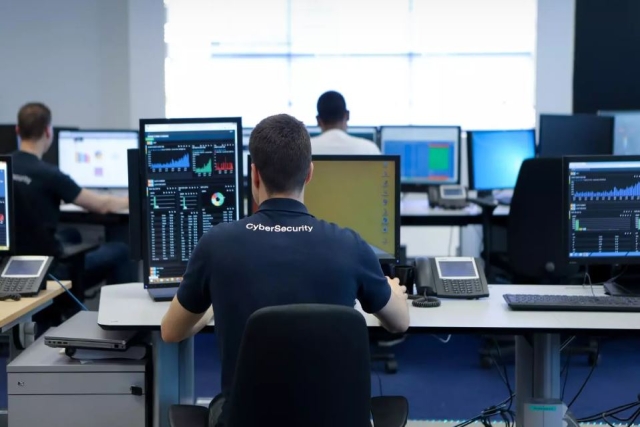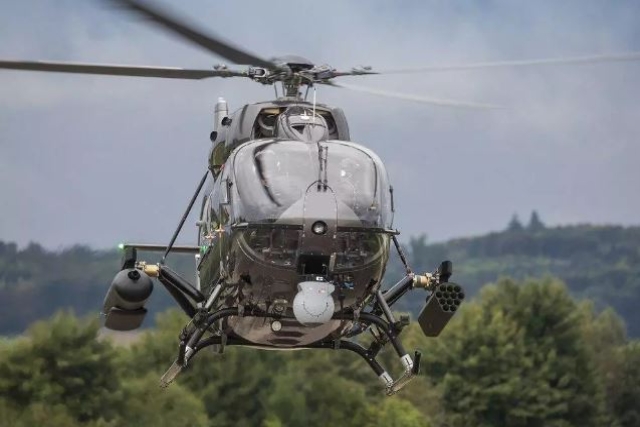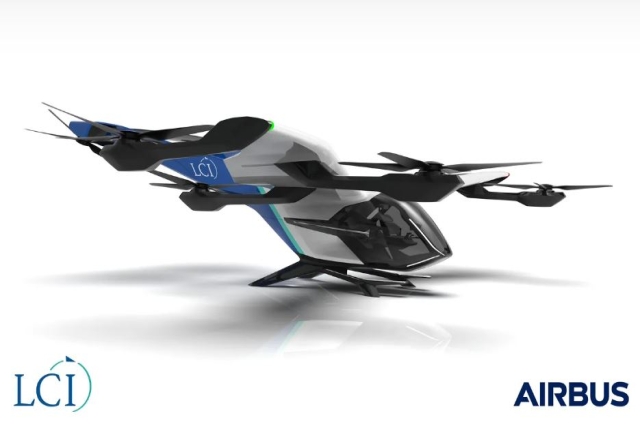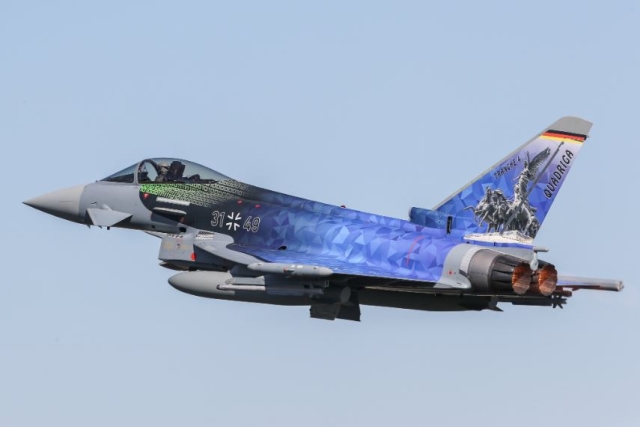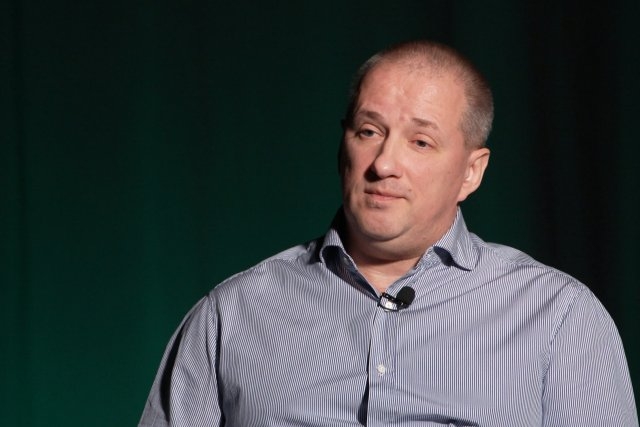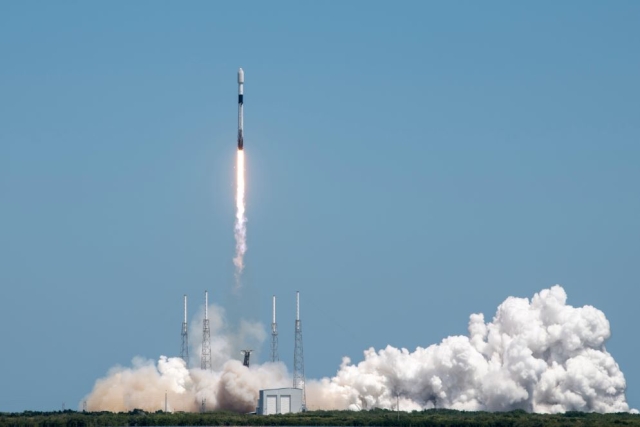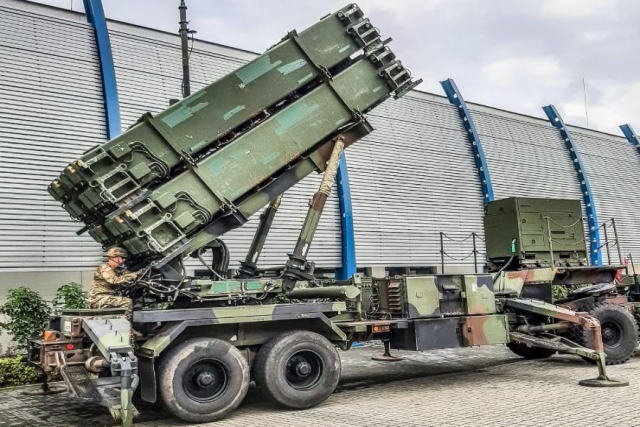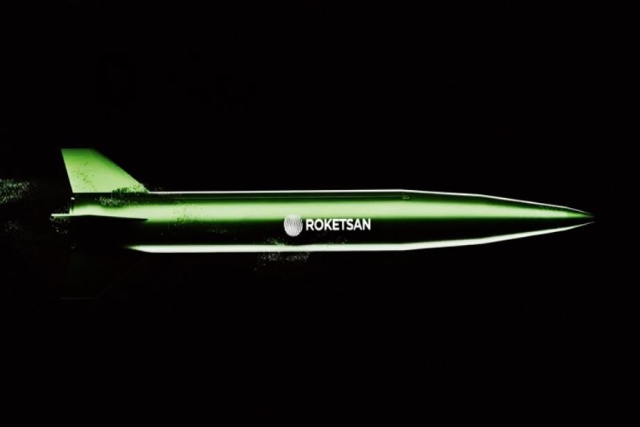Airbus UpNext Testing New Technologies for Automatic Taxiing, Pilot Assistance
To minimize CO² emissions from testing, the new architecture and algorithms will be validated on an electric test bed truck, simulating a real aircraft cockpit.
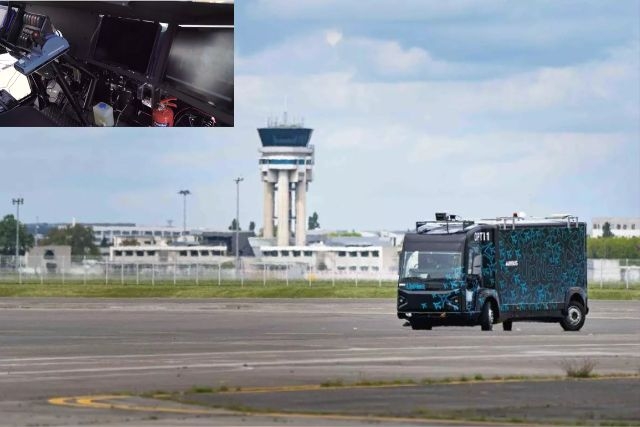
Airbus UpNext, an Airbus subsidiary, is testing new technologies for automatic taxiing and pilot assistance on an electric truck.
The three-year research project, named Optimate, will integrate advanced automation, computer vision, data fusion, and machine learning to enhance aircraft navigation, the human-machine interface, and flight safety.
Michael Augello, CEO Airbus UpNext said “We're thrilled to introduce another demonstrator showcasing our dedication to advancing aviation. Our goal is to leverage top-tier technologies to enhance aircraft awareness of their surroundings, providing detailed analysis to become intelligent, dependable pilot assistants. We believe this project will significantly enhance air travel safety and efficiency.”
Optimate aims to improve automatic taxiing accuracy, explore quantum sensing for better navigation system reliability, and assess collaborative map and virtual flight assistant benefits for pilot decision-making and communication with air traffic control and airline operations centers.
To minimize CO² emissions from testing, the new architecture and algorithms will be validated on an electric test bed truck, simulating a real aircraft cockpit. This mobile setup, resembling an A350 cockpit, integrates advanced automation like the latest LIDAR, external cameras, inertia, GPS, satcom, and 5G technologies for comprehensive testing on airport runways.
In the project's final phase, the virtual assistant will be utilized in a fully automated gate-to-gate mission aboard an A350 flight test aircraft.

